RABINDRANATH TAGORE - LIFE & BIOGRAPHY
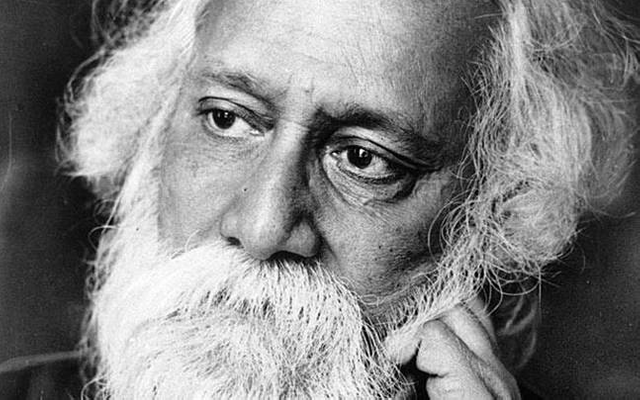
Photo Courtesy

Rabindranath Tagore, was born May 7, 1861, Calcutta [now Kolkata], India—died August 7, 1941, Calcutta), Bengali artist, short-story author, tune writer, dramatist, writer, and painter who presented new composition and stanza shapes and the utilization of informal dialect into Bengali writing, along these lines liberating it from customary models dependent on traditional Sanskrit. He was exceptionally compelling in acquainting Indian culture with the West and the other way around, and he is for the most part viewed as the extraordinary inventive craftsman of mid twentieth century India. In 1913 he turned into the main non-European to get the Nobel Prize for Literature.
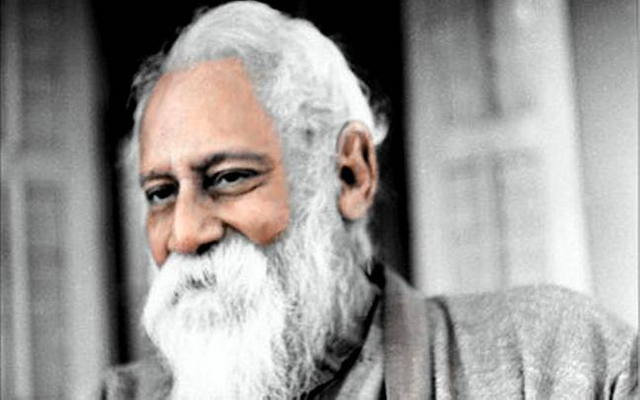
Photo Courtesy
The child of the religious reformer Debendranath Tagore, he early started to compose sections, and, after fragmented investigations in England in the late 1870s, he came back to India. There he distributed a few books of verse during the 1880s and finished Manasi (1890), an accumulation that denotes the developing of his virtuoso. It contains a portion of his best-known lyrics, incorporating numerous in refrain shapes new to Bengali, and also some social and political parody that was incredulous of his kindred Bengalis.
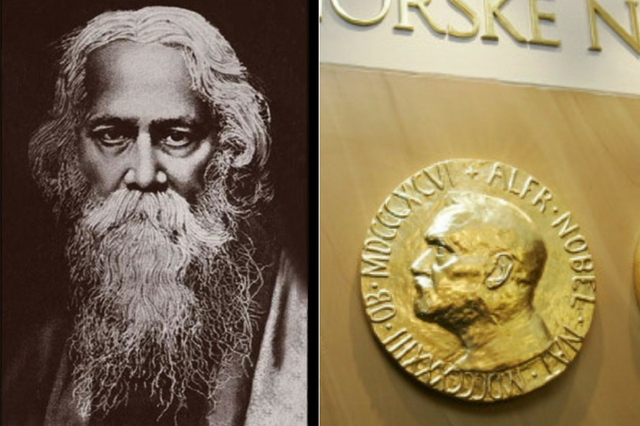
Photo Courtesy
In 1891 Tagore went to East Bengal (now in Bangladesh) to deal with his family's bequests at Shilaidah and Shazadpur for a long time. There he frequently remained in a houseboat on the Padma River, in close contact with town society, and his sensitivity for them turned into the keynote of a lot of his later composition. A large portion of his best short stories, which look at "humble lives and their little tragedies," date from the 1890s and have a strength, bound with delicate incongruity, that is novel to him. Tagore came to adore the Bengali wide open, above all else the Padma River, a regularly rehashed picture in his stanza. Amid these years he distributed a few verse accumulations, strikingly Sonar Tari (1894; The Golden Boat), and plays, prominently Chitrangada (1892; Chitra). Tagore's sonnets are for all intents and purposes untranslatable, just like his in excess of 2,000 tunes, which accomplished impressive fame among all classes of Bengali society.
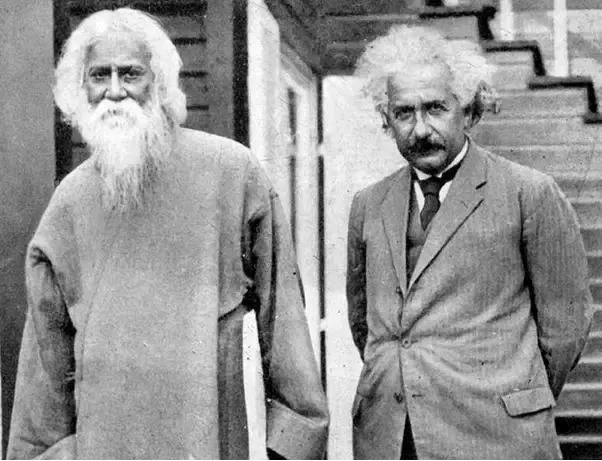
Photo Courtesy

In 1901 Tagore established a trial school in provincial West Bengal at Shantiniketan, where he tried to mix the best in the Indian and Western customs. He settled forever at the school, which moved toward becoming Visva-Bharati University in 1921. Long periods of misery emerging from the passings of his better half and two kids somewhere in the range of 1902 and 1907 are reflected in his later verse, which was acquainted with the West in Gitanjali (Song Offerings) (1912). This book, containing Tagore's English exposition interpretations of religious lyrics from a few of his Bengali refrain accumulations, including Gitanjali (1910), was hailed by W.B. Yeats and André Gide and won him the Nobel Prize in 1913. Tagore was granted a knighthood in 1915, yet he renounced it in 1919 as a dissent against the Amritsar (Jallianwalla Bagh) Massacre.
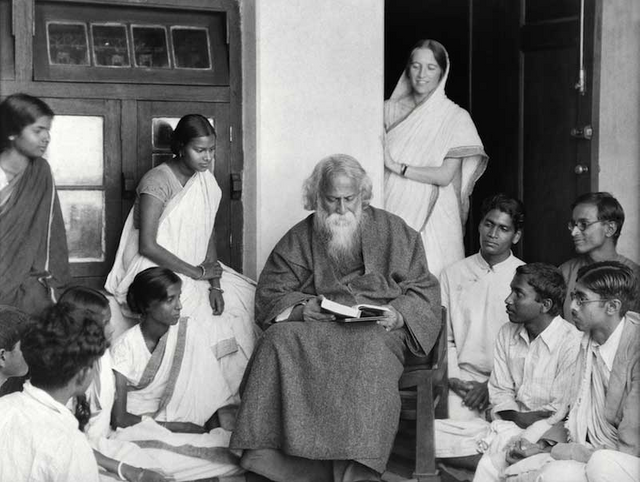
Photo Courtesy
From 1912 Tagore spent extensive stretches out of India, addressing and perusing from his work in Europe, the Americas, and East Asia and turning into a persuasive representative for the reason for Indian freedom. Tagore's books in Bengali are less outstanding than his sonnets and short stories; they incorporate Gora (1910) and Ghare-Baire (1916), converted into English as Gora and The Home and the World, individually. In the late 1920s, when he was in his 60s, Tagore took up painting and created works that won him a place among India's premier contemporary specialists.
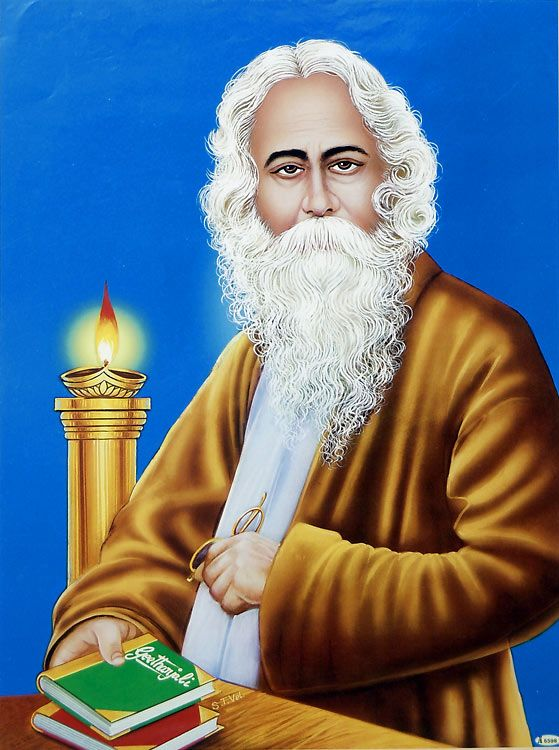
Photo Courtesy

Well written..
khub sundar likechen, steemit a Robindra nath er article pore....ami kolkata te thaki :)
People in India are very talented. Among them are many writers, artists, scientists. I really like that their talent was directed to the benefit of the Indian people and they did not work for money.
Congratulations! This post has been upvoted from the communal account, @minnowsupport, by sbanerjee0017 from the Minnow Support Project. It's a witness project run by aggroed, ausbitbank, teamsteem, someguy123, neoxian, followbtcnews, and netuoso. The goal is to help Steemit grow by supporting Minnows. Please find us at the Peace, Abundance, and Liberty Network (PALnet) Discord Channel. It's a completely public and open space to all members of the Steemit community who voluntarily choose to be there.
If you would like to delegate to the Minnow Support Project you can do so by clicking on the following links: 50SP, 100SP, 250SP, 500SP, 1000SP, 5000SP.
Be sure to leave at least 50SP undelegated on your account.